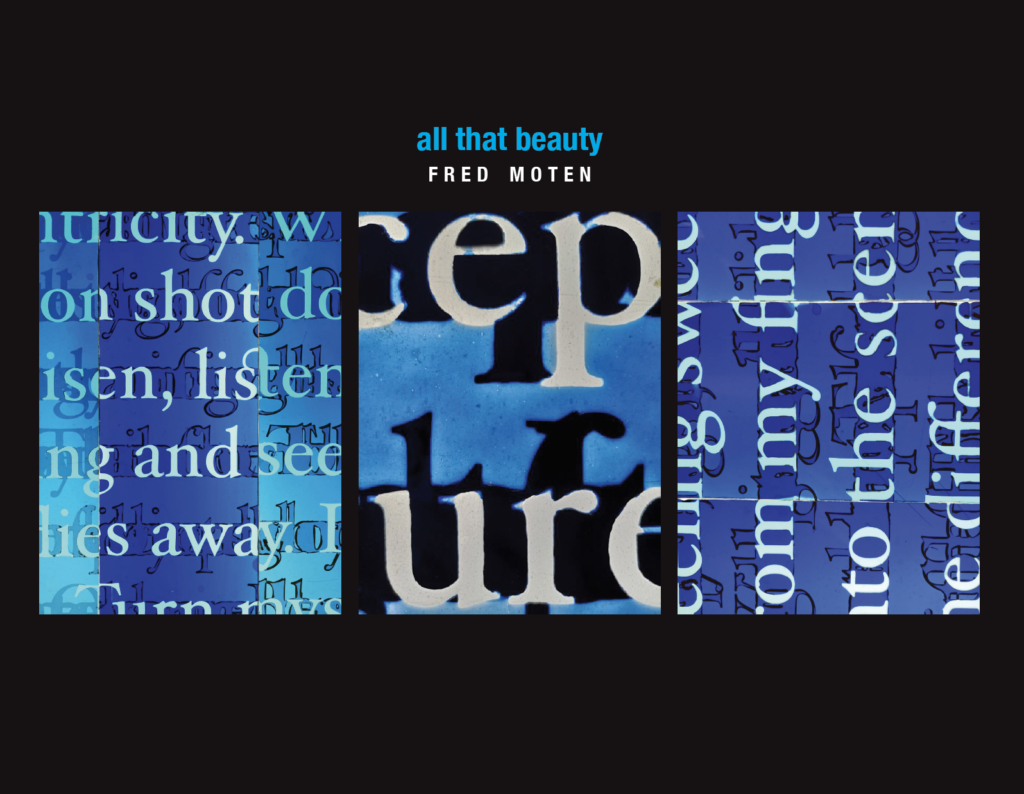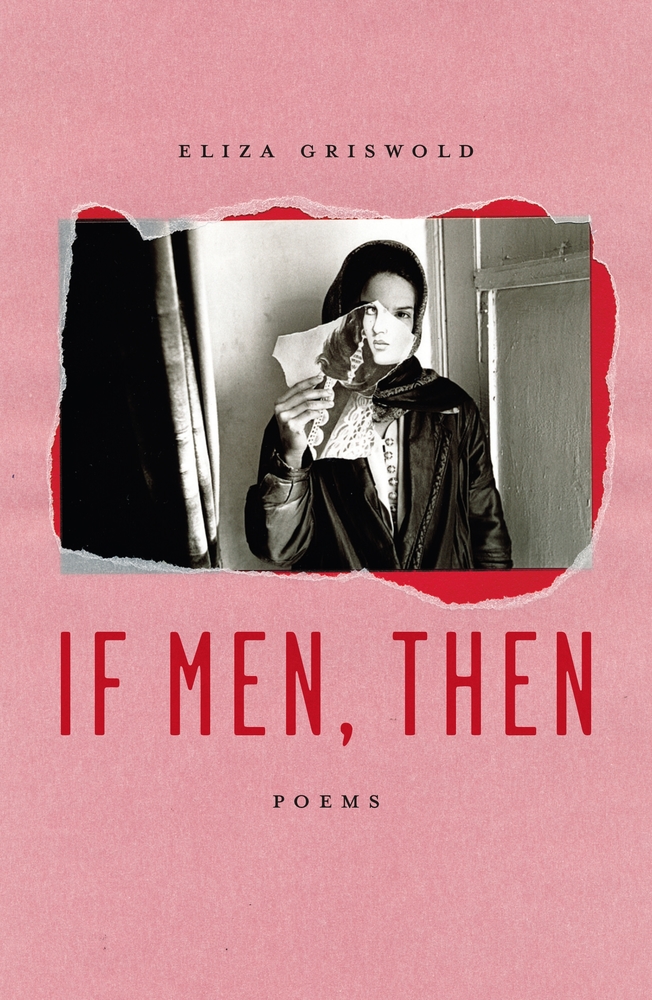
Staten Island Stories by Claire Jimenez
In Geoffrey Chaucer’s Canterbury Tales, a group of strangers embark on a pilgrimage to Canterbury, telling stories to pass the time—but the text ends before they reach their destination. The pilgrims become connected by their narratives rather than their geography: and, because we never see the pilgrims reach Canterbury, we never learn the prayers they hope to have answered.
The characters of Jimenez’s Chaucer-inspired collection Staten Island Stories are not pilgrims. But they, too, are connected by geography and desires cut short. An overworked, bitter adjunct struggles with her NYC commute; a grant writer protests a grand jury’s decision to not indict the officer who killed Eric Garner; people contend with mental illness, racial and class injustice, infidelity, and sobriety. Some stories end on a hopeful note, and others end abruptly, without explanation. But all are given the chance to speak, and in Jimenez’s harrowing, exposed prose, they become vividly present in the eye of the reader.
Jimenez’s final narrator speaks to the notion of fulfillment, the through-line of the collection: “The trick to talking to god,” she says, is to not ask for anything specific, “because in the end you don’t know what’s going to be good for you.” It’s a jarring conclusion to a collection whose characters know exactly what they want, but find themselves in an uphill battle against systemic injustices. But perhaps this narrator’s conclusion is in fact appropriate: it’s difficult to quantify satisfaction, spiritual or otherwise, and Jimenez’s collection demands constant reappraisal of what it means to live well in a world designed to fail. It’s sharp, humorous, tragic, and a genuine pleasure to read.
–Spencer Grayson

all that beauty by Fred Moten
In the preface to his 2017 book Black and Blur, Fred Moten asked: “What is it to rewind the given? What is it to wound it?” This motion of winding into a spiral, a circle that is different each time around, is the way it feels to read Moten. With exquisite precision, wry wordplay, and a cutting logic, Moten continues to orbit issues of blackness, art, and criticism in his 2019 release, all that beauty.
Moten’s style is dense and fascinating. The work is grounded in outside references—it namedrops artists of various degrees of notoriety and often gestures or responds to objects outside of the text. The poems are presented as collaborations, and they certainly sample language from a cloud of sources, but some of the poems seem more like devotionals toward their collaborators. The poem “a common place flaw” is “with Octavia Butler’n’em, if they don’t mind.” James Baldwin looms as a central collaborator; Moten’s “aprefactory note” begins with two long Baldwin quotes that ground the rest of the text. With Baldwin’s language as a foothold, Moten’s poems disorient and double, inventing words and jumping registers, moving with an uncharted ease between the lyric and the analytic. Even when the meaning of the text is obscure, there’s an undeniable thrill to witnessing a writer flex with sentences like “line that verge out animal, mantic, anamathematical bruise, subdermal popularity,” just a paragraph after “what if we could slice lived experience off the bone?” Moten’s way of slicing is a constant, critical refocusing, and it requires a unique attention. all that beauty stands as a powerful statement against absolutes: a ceaseless, patient, investigative text that resists simplicity and rewards slow reading in an ever-rushing, binary world.
-Morgan Levine

If Men, Then by Eliza Griswold
The “I” that hovers over the lucid, elegant, and (above all) musical poems of Eliza Griswold’s If Men, Then captures a sense of individual humility in an atmosphere of global egotism. Threading mythology, Arabic proverbs, and consumerism into lyrics that transcend time and place, she models an unwavering sense of self with delicacy and poise. As scathing as they are forgiving and as personal as they are inviting, these poems always unexpectedly kept me torn between excitement and meditation. An apparent self-reference to her use of folklore and history in contemporary terms, in “Apotheosis” she describes a trip “you and I” (pronouns as open here as they are throughout) make to ancient Rome, where tombs mingle with paper Guccis and ghosts reel tipsily past us:
“Every choice a tragedy of excluded possibility, we
were thwarted by ourselves. Let these never
poems cast you skyward, darling. Be a star,
as small gods are with their cold gaze,
their tendency to self-regard.”
Griswold’s rich observations, touching on topics as vast as war, intimacy, memory, and selfhood, ask the most serious of questions without feeling overheated, and always with a wry grin. Her particular brand of wit—direct and sure, while gentle, often charming—makes this stimulating collection one you’ll want to keep on hand for weeks after you’ve read it.
-Ryan Daar

